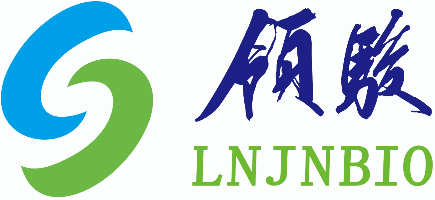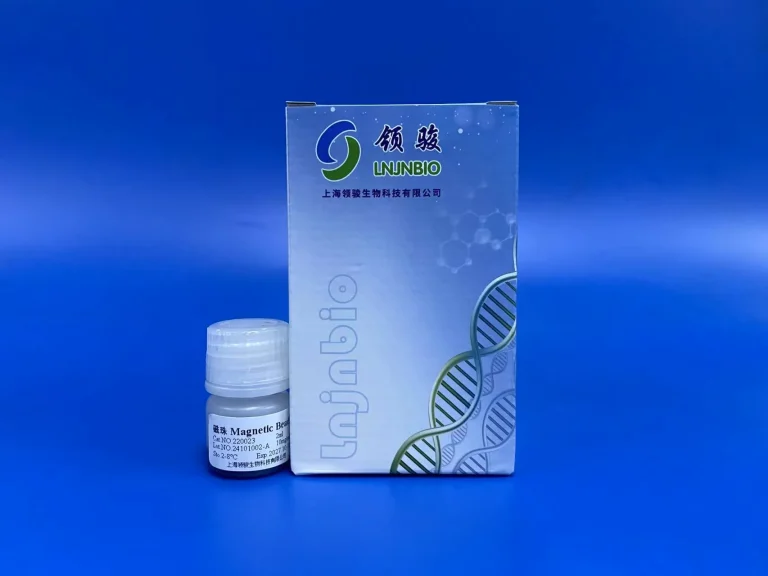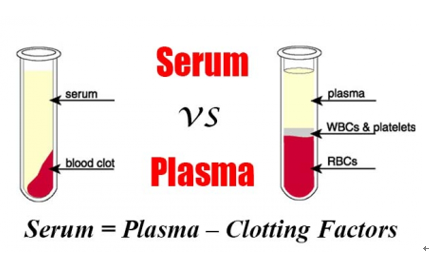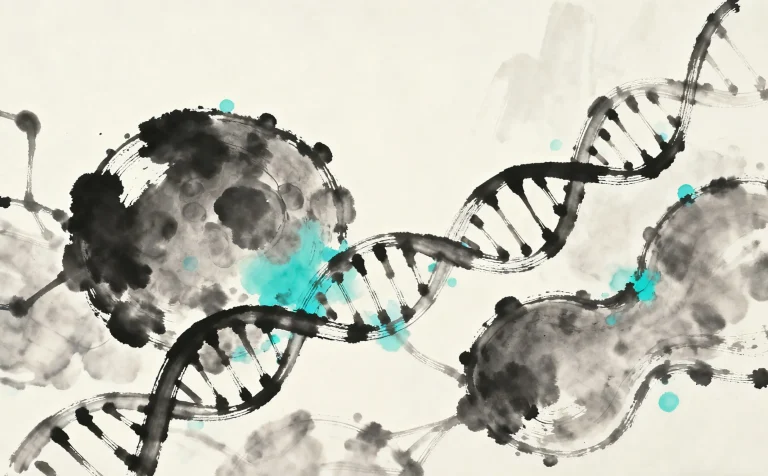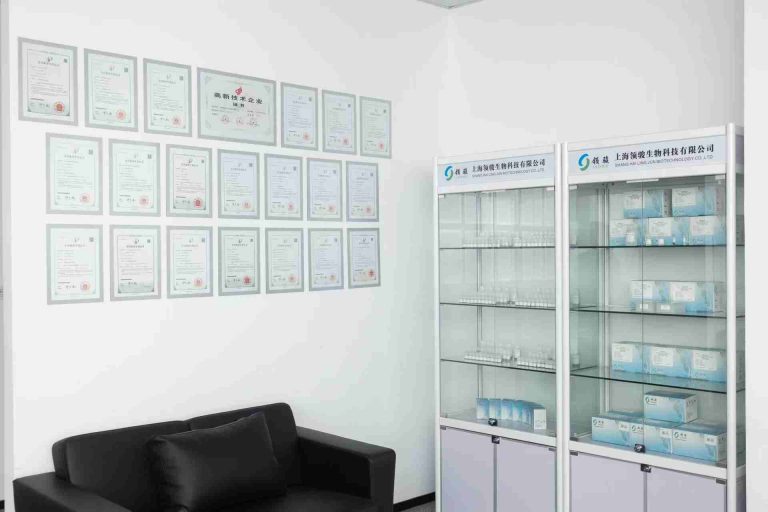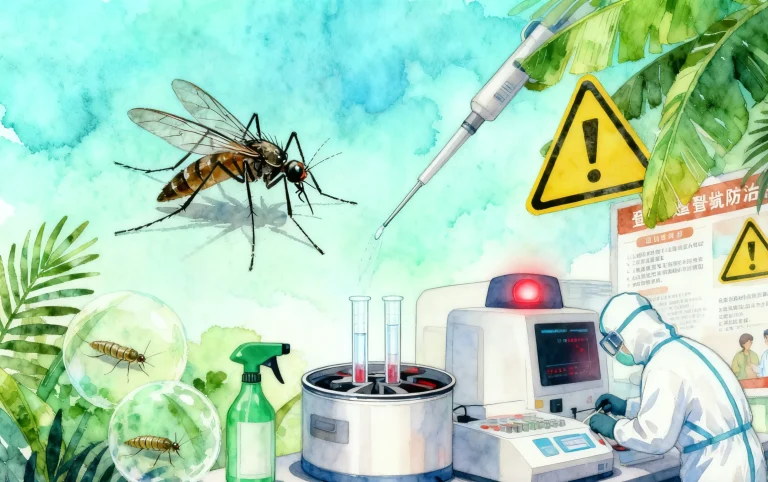Professional Manufacturer of Biomagnetic Beads

Market exploration and analysis of DNA fragment sorting
DNA fragment sorting technology, as a core component of high-throughput sequencing (NGS) library construction, is closely linked to market demand and technological innovation. With the rapid development in precision medicine, molecular diagnostics, and research fields, this market exhibits significant trends such as domestic substitution, accelerated technological iteration, and intensified cost competition. The following provides a comprehensive analysis from aspects including current market status, technical pathways, competitive landscape, and future trends:
1. Market status and driving factors
Traditional magnetic bead sorting technology has long been dominated by imported brands (such as Beckman’s AMPure XP magnetic beads). However, in recent years, domestic magnetic beads have rapidly risen due to their high cost-effectiveness and localized services. Domestic manufacturers have gradually broken the import dependency through large-scale production and technical optimization. By 2024, the share of domestically produced magnetic beads in China’s market had exceeded 64%.
The precise control of DNA fragment length required by NGS promoted the development of magnetic bead sorting technology to high repeatability and high compatibility (such as supporting 100 bp~10 kb fragment sorting).
With the surge in demand for automated workstations, domestic magnetic beads have been adapted to mainstream liquid handling systems to improve laboratory efficiency.
China’s 14th Five-Year Plan emphasizes the independent control of the biomedical industry chain and promotes the research and development of domestic reagents.
2. Technical path and innovation direction
Based on the principle of solid phase reversible immobilization (SPRI), fragment sorting is achieved by adjusting the ratio of magnetic beads to samples, which is simple and has a high recovery rate (more than 90%).
Emerging technologies such as the Xdrop system, which encapsulates DNA fragments in a bimiscellaneously emulsified droplet, supports long fragment (approximately 100 kb) sorting and single-cell analysis for structural variation detection and gene mapping studies.
Multiple detection optimization combined with fluorescence coding technology improves the target detection capability of a single reaction and solves the bottleneck of NGS multiple library construction.
Third, competitive pattern and major players
North America leads the market, with mature healthcare systems and research spending driving growth, accounting for 40 per cent of global revenues.
Asia Pacific is growing fastest, with China as the core market, driven by policy dividends and local innovative enterprises.
3. Market Challenges and Future Trends
The concept of users is solidified, and some laboratories still tend to import brands and doubt the quality of domestic products.
In the future, domestic manufacturers are expected to reduce the cost by another 30% in the next five years through large-scale production and technological iteration.
Application expansion: from NGS library construction to POCT and environmental monitoring (such as pathogen detection).
Technology integration: AI assisted sorting data analysis, nanomaterials improve the adsorption efficiency of magnetic beads, and promote the improvement of sorting accuracy and automation level.
5. Summary
The DNA fragment sorting market is currently in a period of technological dividend release, with domestic substitution and technological innovation serving as the core driving forces. Future competition will focus on enhancing multiple detection capabilities, popularizing automated equipment, and exploring new application scenarios. Leveraging policy support and indigenous innovation, China is poised to secure a more significant strategic position in the global market.
Supplier
Shanghai Lingjun Biotechnology Co., Ltd. was established in 2016 which is a professional manufacturer of biomagnetic materials and nucleic acid extraction reagents.
We have rich experience in nucleic acid extraction and purification, protein purification, cell separation, chemiluminescence, and other technical fields.
Our products are widely used in many fields, such as medical testing, genetic testing, university research, genetic breeding, and so on. We not only provide products but also can undertake OEM, ODM, and other needs. If you have a related need, please feel free to contact us .
